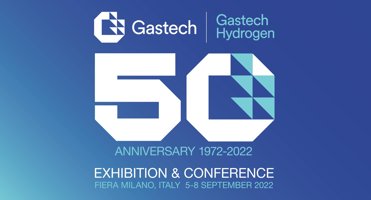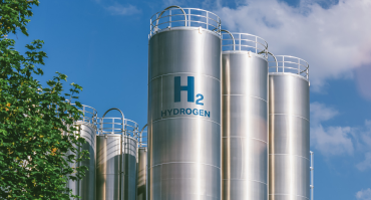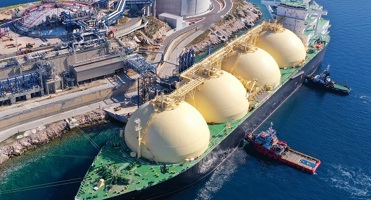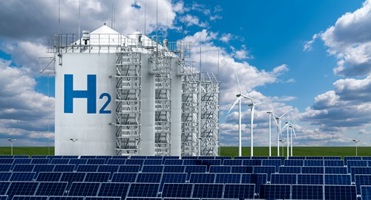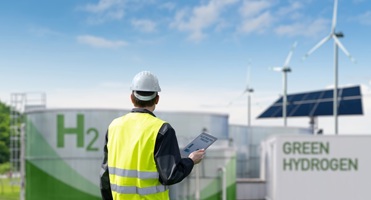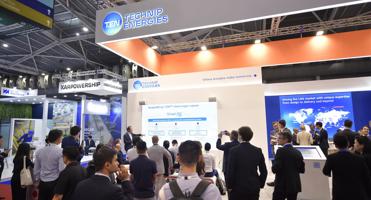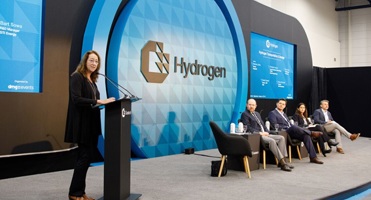Heavy industry poses a serious conundrum for policymakers. On the one hand, the sector creates the infrastructure that drives economic growth. On the other, it is responsible for nearly 40% of global carbon dioxide emissions.
Indeed, industries like steel, cement, and chemicals are amongst the top sources of emissions worldwide and are intrinsically difficult to decarbonise given their deep-rooted reliance on high-temperature processes that high carbon emitting cheap fossil fuels, such as coal. As countries chart a path to deliver on net zero pledges, policymakers are scrambling to find sustainable alternatives to fossil fuels in decarbonising heavy industry where electrification is unfeasible: many are looking to hydrogen as a potential long-term solution.
In steelmaking, for instance, hydrogen’s high energy density could make it suitable for replacing fossil fuels and eliminating CO2 emissions in high-temperature processes. The aviation sector is another where hydrogen is attracting interest as a potential long-term alternative solution to fuelling jets.
To be an effective low-carbon fuel, however, the sector is reliant on ramping up both demand and supply of ‘green’ hydrogen (produced by splitting water into hydrogen and oxygen using renewable sources of energy) and ‘blue’ hydrogen (produced with natural gas and the capture of associated carbon emissions). Existing uses of hydrogen are largely in unabated chemical processes like ammonia production, which use hydrogen made from natural gas and use it as feedstock for other processes.
Building up the political capital, renewables capacity and overcoming technical challenges to scaling the technology to play a major role in decarbonising heavy industry will, however, likely take decades. Significant supply bottlenecks exist in the supply of equipment, such as electolysers, needed in the production of hydrogen. Infrastructural requirements and cost barriers currently also serve to dampen investor sentiment towards the fuel.
The challenge for countries looking to rapidly mobilise resources and capital for hydrogen production is therefore significant. Policymakers have a key role to play in creating a favourable regulatory environment, which incentivises the development of hydrogen-ready infrastructure and spurs innovation.
Europe has played a leading role thus far in developing hydrogen strategies at both the national and multilateral level to support research and development and create economic incentives for heavy industries to switch to hydrogen. Geopolitical upheaval on the continent and disruption to Europe’s energy landscape have only strengthened the resolve of policymakers to bet big on hydrogen as a potential solution to the heavy industry decarbonisation conundrum.
At Gastech Hydrogen, we will hear from high-level policymakers shaping the hydrogen economy as they offer their insights into the challenges facing the sector and opportunities for hydrogen’s deployment in heavy industry. The conference and exhibition will also convene technical experts and innovators from across the hydrogen value chain showcasing the latest technologies that are driving forward hydrogen’s role in a diverse energy mix supporting a lower carbon energy future.
Don’t miss it. Register now to attend: https://register.gastechevent.com/.
#Gastech, Fiera Milano, Italy 5-8 September 2022






